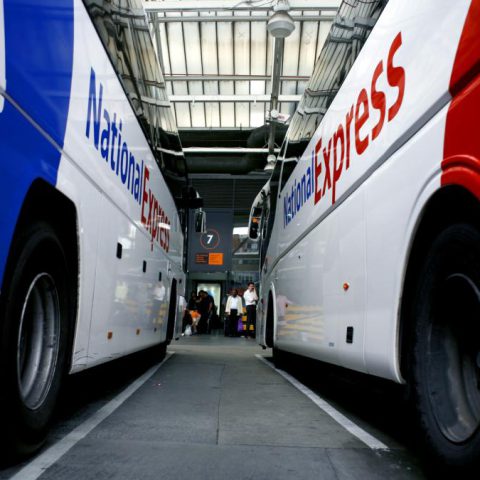National Express results 2022: a 23% surge in passenger journeys (and more than doubled profits)
National Express Group shows 2022 results: they reported a significant increase in profits in 2022 compared to the previous year, with a 23% surge in passenger journeys. The Group reported an underlying pre-tax profit of £145.9 million, up 367% from £39.7 million in 2021, as noted on RouteOne. Its coach sector performed particularly well, with […]

National Express Group shows 2022 results: they reported a significant increase in profits in 2022 compared to the previous year, with a 23% surge in passenger journeys. The Group reported an underlying pre-tax profit of £145.9 million, up 367% from £39.7 million in 2021, as noted on RouteOne. Its coach sector performed particularly well, with a doubling of passenger numbers. Overall revenues rose to £2.81 billion, a 29.4% increase on the previous year, with positive developments in overseas arms such as subsidiary ALSA in Spain, Morocco, Switzerland, and Portugal.
In terms of scheduled coach services, National Express enjoyed an increase in passenger numbers of 150% year on year, while bus patronage grew by 39% over the same period, aided by a fares freeze at pre-pandemic rates.
National Express results 2022
Despite industry headwinds, National Express Group says it has won 35 new contracts, including the RRX Lot1 contract in Germany, worth approximately £150m in annualized revenue. The company also commenced service in new key target cities, such as Lisbon and Richmond, Virginia, as well as multi-modal hub expansions in Geneva, Madrid, and Boston.
National Express: goal 1,500 ZE buses by 2024
Furthermore, National Express is committed to decarbonizing its fleet, accelerating its plans for 1,500 zero-emission vehicles across the group by 2024. This is in line with the company’s Evolve strategy, which positions it well to capitalize on the growing demand for public transport in the coming years.
In early 2023 National Express West Midlands procured 300 new zero emission buses.
Ignacio Garat, Group Chief Executive of National Express, highlighted the strong growth in passenger volumes resulting in a 29% increase in Group revenue, the doubling of revenue in their UK coach business, and ALSA’s revenue exceeding €1bn for the first time. He noted ongoing challenges such as inflation but sees further growth likely due to passenger numbers, new contracts, and the recovery of the US school bus market. National Express added 900 new drivers during the year, which allowed route reinstatement to take place, and cited 35 new contracts and a network relaunch in the UK, which saved 6% per passenger mile.








